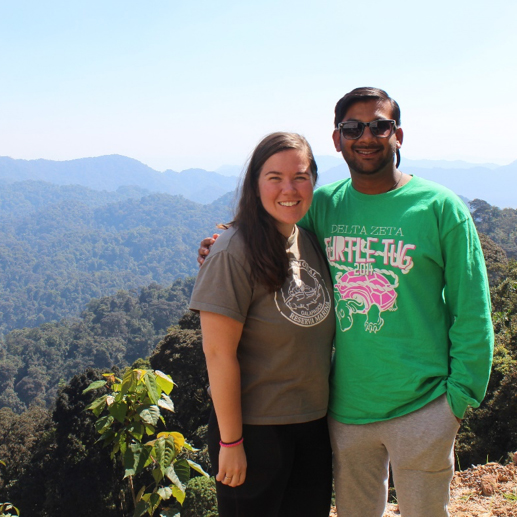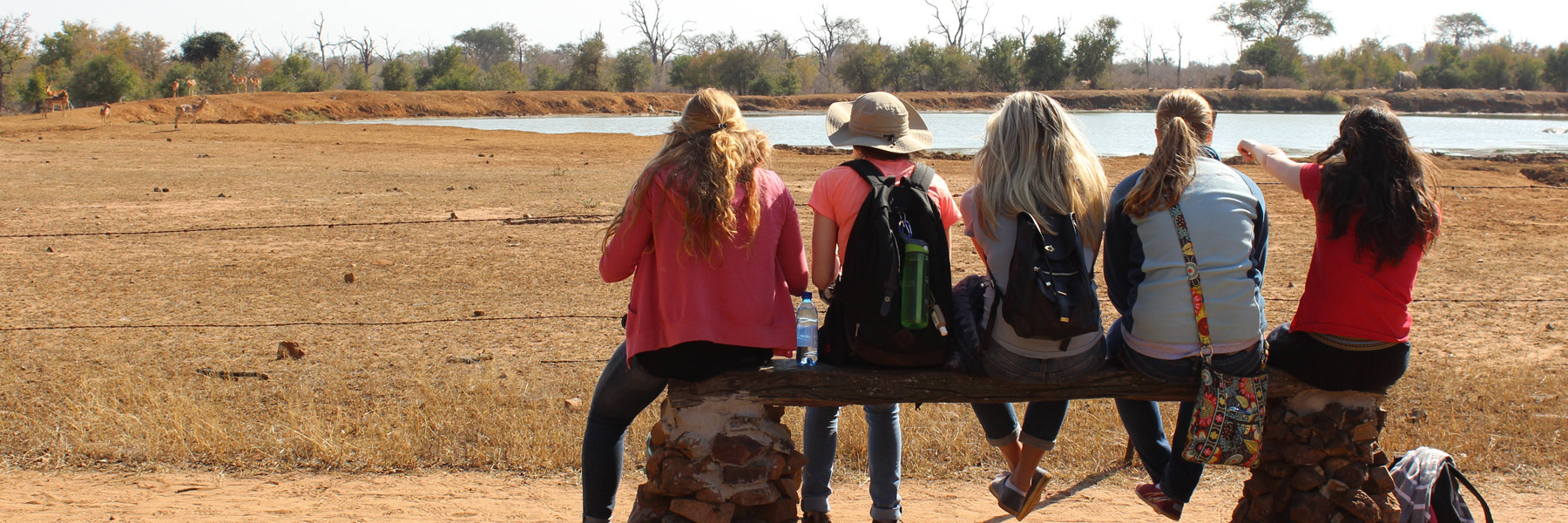Global internships are more than just a chance to see the world. Our internships give you hands-on global health experiences and cultural insights that will change the way you view the world and influence your career for years to come.
Build a global perspective while gaining public health experience

Centers for Disease Control and Prevention fellowships and training opportunities
Whether you are on a career track or deciding on which career you would like to pursue, CDC has many diverse fellowship, internship, training, and volunteer opportunities for students and professionals. Many of these opportunities provide invaluable experience and potentially offer clear cut paths to exciting careers with CDC.
EHESP public health summer internship in France
The Richard M. Fairbanks School of Public Health offers the opportunity to participate in a summer internship program in France at the Ecole des hautes études en santé publique (EHESP) French national school of public health.
Summer internship or practicum projects at EHESP are varied and designed to match the interests and skills of students with the needs of partners in the community or faculty who have projects for which they would like student assistance.
For more information, please contact career services at fsphcs@iu.edu.


